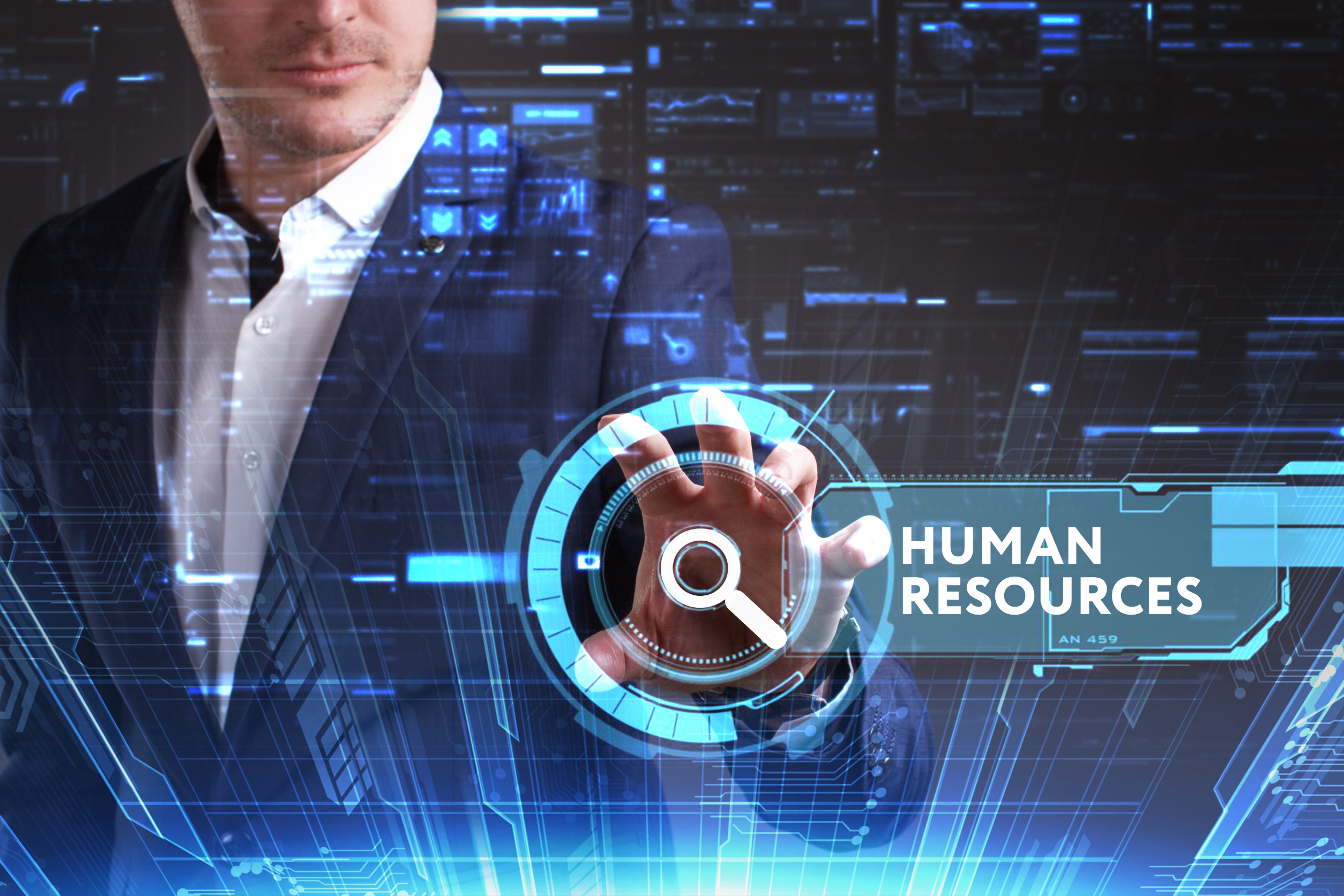This HR veteran’s advice about AI in HR in 2025? ‘Take a deep breath’
- HRM Asia Newsroom
- Topics: Digital Transformation, Home Page - News, HR Technology, News

Kevin Cox has seen a lot of disruption in HR during his 35 years in the profession. That is why the former GE CHRO may have a slightly contrarian point of view on the future of AI in HR.
“I don’t think AI is going to rock the world to the degree that a lot of people think it will,” says Cox, who recently was named a Distinguished Fellow by the National Academy of Human Resources in recognition of his storied HR career, which also includes the top HR job at American Express and Pepsi Bottling Company.
The hype around AI, Cox says, has many HR professionals focusing on the wrong place.
“I think the HR function needs to take a deep breath,” he says, “and make sure they put this AI theme into a context.”
The wider landscape for AI in HR
From recruiting to benefits communication to talent management, the areas where AI is infiltrating HR are vast—and Cox believes experimentation is a smart strategy. However, many in HR, Cox says, are concentrating their change efforts around the technology itself. Instead, people professionals should look at a bigger picture in which AI is playing a role—but not the primary role—in the future of HR.
“The very nature of work is changing, and AI will be a part of it,” he says. “The major question needs to be, ‘How will work change?’ with a minor question about AI. Most people have it backwards right now.”
As HR leaders introduce AI into the workplace, they need to keep in perspective other shifts, such as changing generational dynamics in the workplace. Younger employees are starting their careers after growing up as digital natives—used to text-based, as opposed to human-based, transactions. How does that impact what they are looking for out of work, the skills they bring to the workplace and the challenges they could experience? At the same time, the dynamic between employees and employers is changing, with loyalty “meaning something pretty different” today than it did a few decades ago, Cox says.
READ MORE: 2025 priorities: How prepared is your HR team for these challenges?
Because of this, as HR leaders look to technology, they need to keep the entire employee value proposition at the forefront. AI may be able to drive time and cost savings, but without attention to the context in which these projects are being undertaken, the wins would not be sustainable, Cox says.
Cox predicts we are heading into an economic cycle in which growth will be harder to find for most organisations, and that means productivity is going to become more important.
“But we have to think about smart productivity, as opposed to it being done through blunt force,” he says. “I’d like to believe we could get more sophisticated and more thoughtful about how we manage productivity using a tool like AI—but we have to make sure we’re clear on that idea of what’s major versus what’s minor.”
———————————————————————————————————————————————————
About the Author: Jen Colletta is Managing Editor at HR Executive, where this article was first published.






